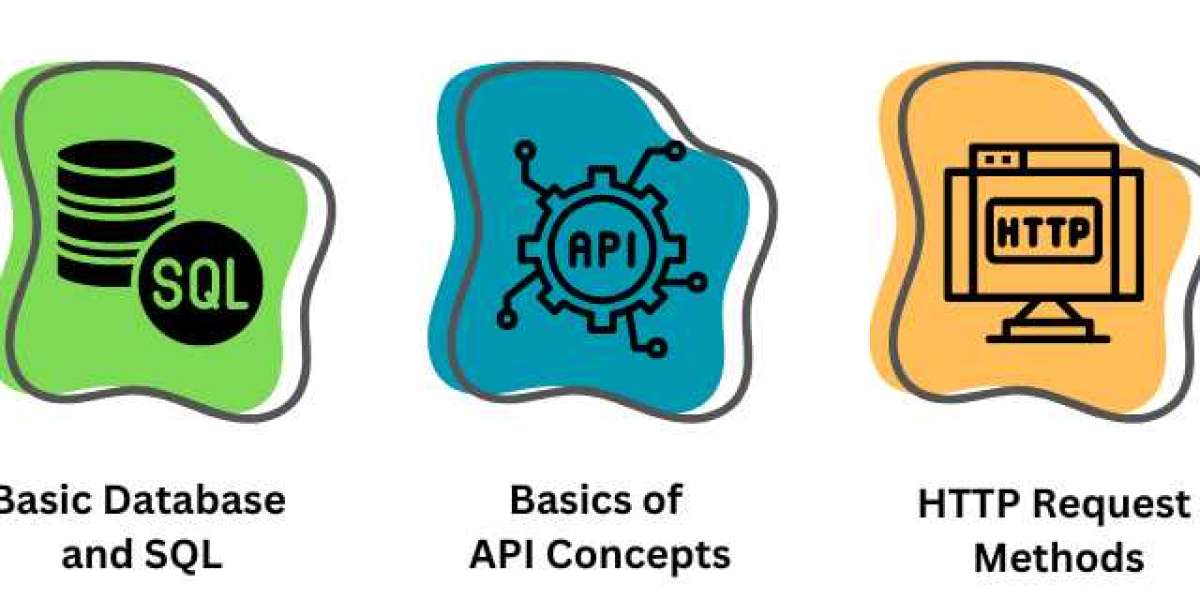In today's fast-paced world, ensuring food safety is more crucial than ever. With the rising demand for high-quality food products, the need for rigorous safety standards is paramount. This is where Hazard Analysis Critical Control Points (HACCP) comes into play. As a globally recognized food safety management system, HACCP helps businesses identify, evaluate, and control hazards throughout the food production process. To make this knowledge accessible and widespread, HACCP online training programs have emerged as an essential tool for professionals in the food industry.
Understanding HACCP Online Training
HACCP online training provides a comprehensive understanding of the principles and applications of the HACCP system. These courses are designed to be flexible, allowing participants to learn at their own pace and convenience. They cover various aspects of food safety, including hazard analysis, determining critical control points, establishing critical limits, monitoring procedures, corrective actions, verification procedures, and record-keeping.
Benefits of HACCP Online Training
1. Accessibility and Convenience: One of the primary advantages of online training is its accessibility. Participants can access the training materials from anywhere in the world, eliminating the need for travel and accommodation expenses. This flexibility is particularly beneficial for professionals with busy schedules or those working in remote locations.
2. Cost-Effective: Online training is often more cost-effective than traditional classroom training. It reduces expenses related to travel, accommodation, and printed materials. Additionally, companies can train multiple employees simultaneously without incurring significant additional costs.
3. Comprehensive Learning: Online HACCP courses are designed by industry experts to provide in-depth knowledge and practical skills. The interactive modules, videos, quizzes, and case studies ensure a thorough understanding of HACCP principles and their real-world applications.
4. Certification and Compliance: Completing a HACCP online training program often results in a certification recognized by industry authorities. This certification not only enhances an individual's credentials but also ensures that the organization complies with global food safety standards, thereby building trust with consumers and regulatory bodies.
Enhancing Food Safety Culture
HACCP online training plays a pivotal role in fostering a culture of food safety within an organization. It empowers employees at all levels with the knowledge and skills necessary to identify potential hazards and implement effective control measures. This proactive approach minimizes risks, prevents foodborne illnesses, and ultimately protects public health.
Conclusion
In conclusion, HACCP online training is an invaluable resource for food industry professionals seeking to enhance their knowledge and skills in food safety management. Its flexibility, cost-effectiveness, and comprehensive curriculum make it an ideal choice for individuals and organizations committed to maintaining the highest standards of food safety. By investing in HACCP online training, businesses can ensure the safety and quality of their products, safeguard their reputation, and contribute to the overall well-being of their customers.








